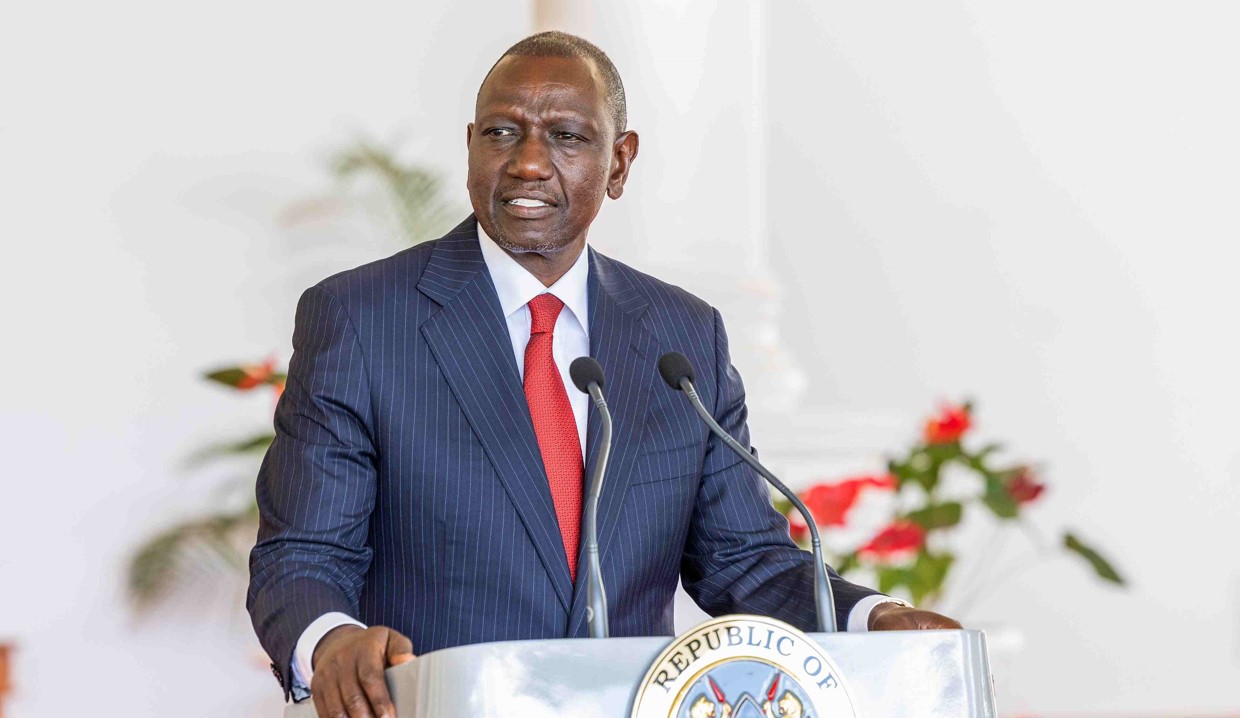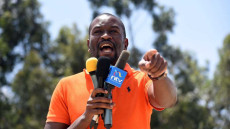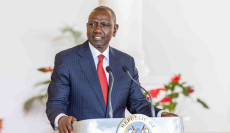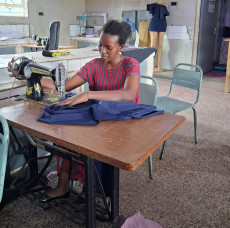- Dr. Ndonye suggests that 2027 may be less tense, not because the stakes are lower, but because the competition is weaker.
In 1997, the late President Daniel arap Moi sought re-election after nearly two decades in power. The opposition was deeply fragmented, with presidential hopefuls Mwai Kibaki, Raila Odinga, Charity Ngilu, and Kijana Wamalwa all running separately.
Moi ultimately won with a plurality of 40.4%, not due to overwhelming support, but because the race was split across multiple contenders, an outcome that underscored the cost of disunity in a high-stakes election.
More than two decades later, Kenya finds itself on a familiar path.
The road to 2027 is shaping up to be another crowded contest, with President William Ruto facing declared challengers including Wiper leader Kalonzo Musyoka, People’s Liberation Party leader Martha Karua, former Cabinet Secretary Fred Matiang’i, and former Chief Justice David Maraga. Just like in 1997, the opposition appears fragmented, and the incumbent is poised to benefit from it.
Political analyst Dr. Michael Ndonye believes Kenya is likely to see a surge in presidential aspirants come 2027. Speaking during a discussion on The Political Oracle, he predicted a weak contest. “We saw such a case in 1997 when the opposition was divided. It was the second time after multi-party democracy,” he said.
Read More

Incumbent elections typically feature a sitting officeholder seeking re-election, often benefiting from state resources, media visibility, and public familiarity. These races become referendums on performance.
Succession elections, by contrast, occur when the incumbent steps down or is barred from running, opening the field to fresh contenders and often triggering more competitive and unpredictable outcomes.
Historically, incumbent elections in Kenya have been volatile. The sitting president often commands significant influence over independent institutions, media, and the security apparatus, raising concerns about fairness and fueling opposition mistrust.
“Towards 2027, Ruto as long as he is president will command state resources to where he wants. He will be with the security up to the time he hands over power to the next president if he is not elected,” Dr. Ndonye noted.
Add to that Kenya’s legacy of historical grievances, patronage politics, and transactional alliances, and incumbent elections become flashpoints for protest, legal battles, and even violence. The post-election crises of 2007 and 2017 are stark reminders of how unchecked incumbency can destabilize democratic processes.
Still, Dr. Ndonye suggests that 2027 may be less tense, not because the stakes are lower, but because the competition is weaker.
“Kenya has been unable to mentor presidential material. There is no one that is going to challenge Ruto to an extent of causing tensions. In 2027, it is unlikely to have tension because it is one of the weakest contested elections that the incumbent is contesting,” he said.
Yet he cautions: even weak contests can turn volatile if the government mishandles the process. The lesson from history is clear, fragmented opposition and unchecked incumbency are a dangerous mix.












